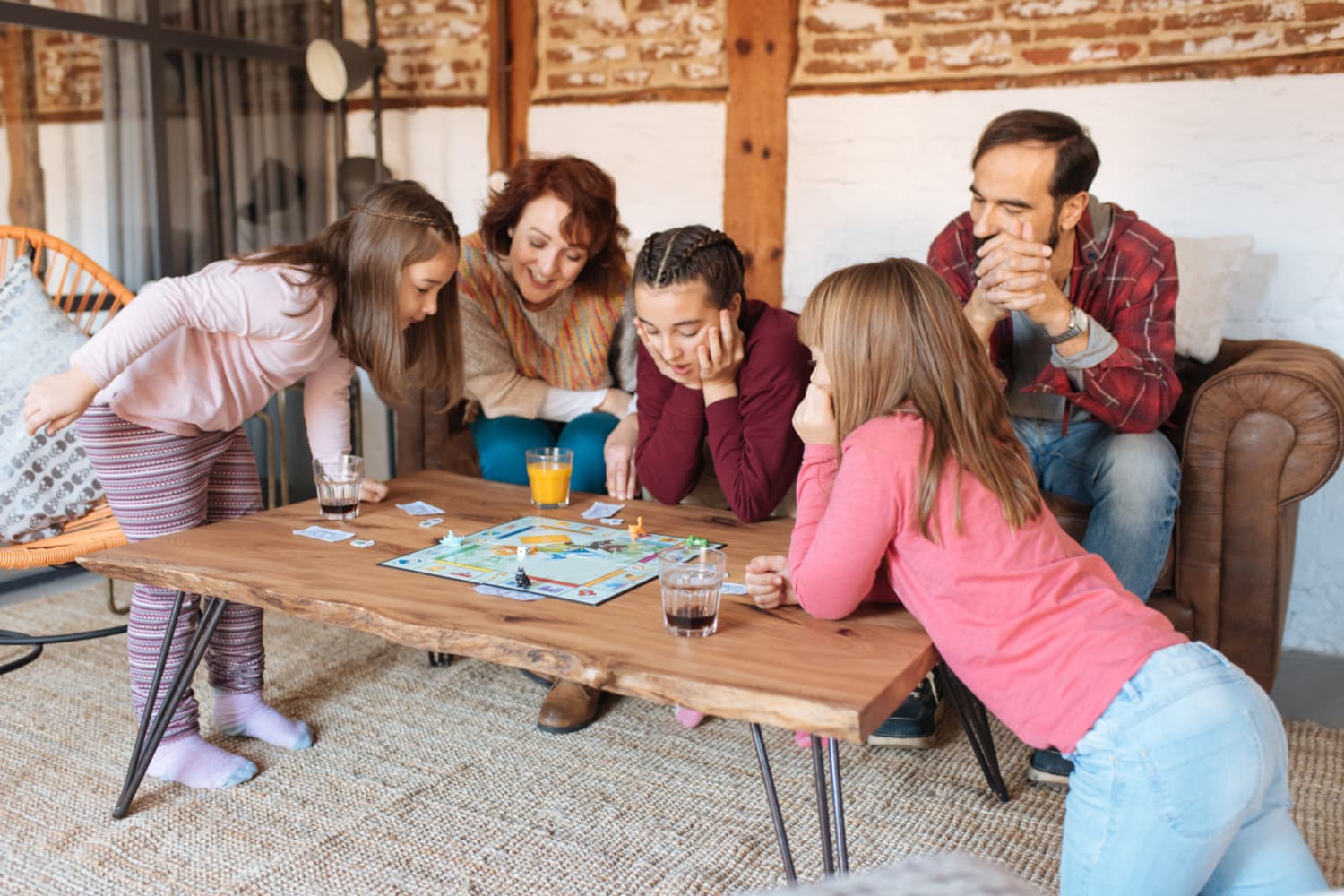Board games have been a beloved pastime across cultures and generations, fostering social interaction, competition, and intellectual engagement. Behind the joy of rolling dice and strategizing moves lies a fascinating realm of psychology that explains our deep-seated love for board games. This article explores the psychological aspects that make board games captivating, shedding light on why we are drawn to play and compete.
1. Social Connection and Bonding: Board games provide a unique opportunity for social interaction and connection. Engaging in gameplay encourages conversations, laughter, and friendly banter. The shared experience of playing a board game strengthens social bonds, fostering a sense of camaraderie and belonging among players. These social connections are vital for human well-being and contribute to the enduring appeal of board games.
2. Challenge and Mastery: Human beings have an innate desire for challenge and mastery. Board games offer a structured environment where players can set goals, devise strategies, and overcome obstacles. The sense of achievement derived from mastering a game, understanding its nuances, and outmaneuvering opponents fulfills our psychological need for competence and accomplishment.
3. Escapism and Imagination: Board games often transport players to imaginative worlds, whether it’s solving mysteries, building civilizations, or exploring fantastical realms. Engaging in these fictional settings provides a form of escapism, allowing players to temporarily escape from the stresses of everyday life. The opportunity to immerse oneself in a different world, even if just for a short while, offers a mental break and enhances the overall gaming experience.
4. Decision-Making and Strategy: Board games require strategic thinking and decision-making skills. Players must analyze the game state, anticipate opponents’ moves, and plan their own strategies to succeed. The process of evaluating options, making decisions, and adapting strategies based on changing circumstances engages the cognitive faculties, providing mental stimulation and intellectual challenge.
5. Competition and Achievement: Board games provide a structured platform for healthy competition. The thrill of competing, striving to win, and achieving victory triggers the brain’s reward system, releasing dopamine and eliciting feelings of pleasure and satisfaction. Competition fosters a sense of accomplishment and fuels the desire to improve, encouraging players to hone their skills and compete at higher levels.
6. Emotional Resilience and Sportsmanship: Board games teach emotional resilience and sportsmanship. Players learn to cope with setbacks, handle losses gracefully, and celebrate others’ successes. These experiences nurture emotional intelligence, empathy, and humility. Overcoming challenges and learning from defeats contribute to personal growth and character development.
7. Community and Cultural Connections: Board games often reflect cultural traditions and historical contexts. Playing traditional or region-specific board games can strengthen cultural connections, preserving heritage and fostering a sense of community. Additionally, the shared experience of playing board games across generations creates a bridge between different age groups, promoting understanding and appreciation among family members and friends.
In summary, the psychology of board games encompasses a rich tapestry of social, cognitive, and emotional elements. By satisfying our need for social connection, challenge, imagination, competition, and achievement, board games offer a holistic and fulfilling form of entertainment. Whether played casually among friends or in competitive tournaments, board games continue to captivate our minds and hearts, reminding us of the enduring joy found in the simple act of rolling the dice and making a move.

